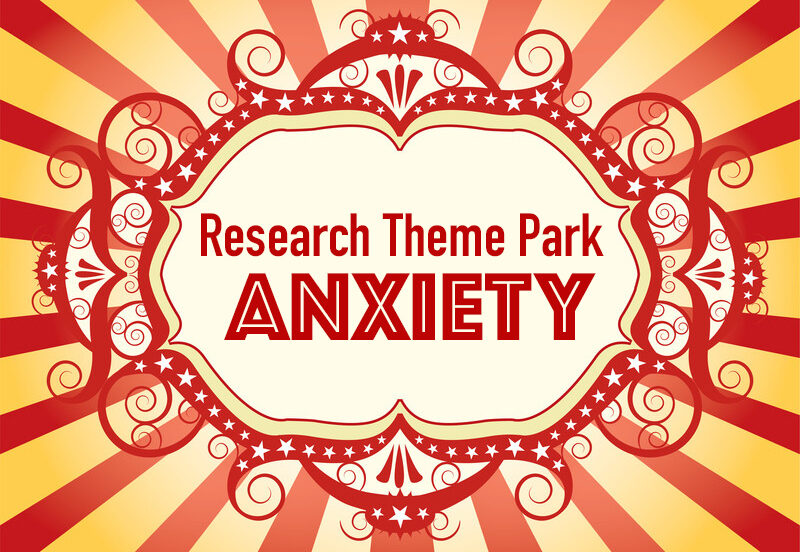A ride through recent studies on anxiety, highlighting the playful and the practical. Why anxious people prefer to worry than relax. City parks lift mood, and a bike helmet changes the perception of risk. Anxious triggers are less distracting as we get older, and for a select group of patients metformin may reduce anxiety and depression.
Date Published: 11/25/19
Duration: 11 minutes, 59 seconds
Studies Referenced:
- Hanjoo Kim et al. The paradox of relaxation training: Relaxation induced anxiety and mediation effects of negative contrast sensitivity in generalized anxiety disorder and major depressive disorder. Journal of Affective Disorders, 2019 (link)
- Aaron J. Schwartz, et al. Visitors to urban greenspace have higher sentiment and lower negativity on Twitter. People and Nature, 2019 (link)
- Barbara Schmidt et al. Wearing a bike helmet leads to less cognitive control, revealed by lower frontal midline theta power and risk indifference. Psychophysiology 2019 (link)
- Briana Kennedy et al. Age differences in emotion-induced blindness: Positivity effects in early attention.Emotion, 2019 (link)
- Caroline Charpentier, Enhanced Risk Aversion, But Not Loss Aversion, in Unmedicated Pathological Anxiety. Biological Psychiatry, 2017 (link)
- Juliane Zemdegs et al. Metformin promotes anxiolytic and antidepressant-like responses in insulin-resistant mice by decreasing circulating branched-chain amino acids. The Journal of Neuroscience, 2019 (link)
- Fenqin Chen. Risk factors for depression in elderly diabetic patients and the effect of metformin on the condition. BMC Public Health. 2019 (link)


_-The-Breakthrough-Antipsychotic-That-Could-Change-Everything.jpg?1729528747)



